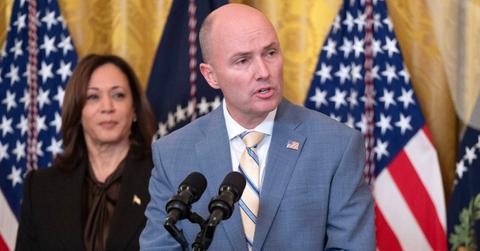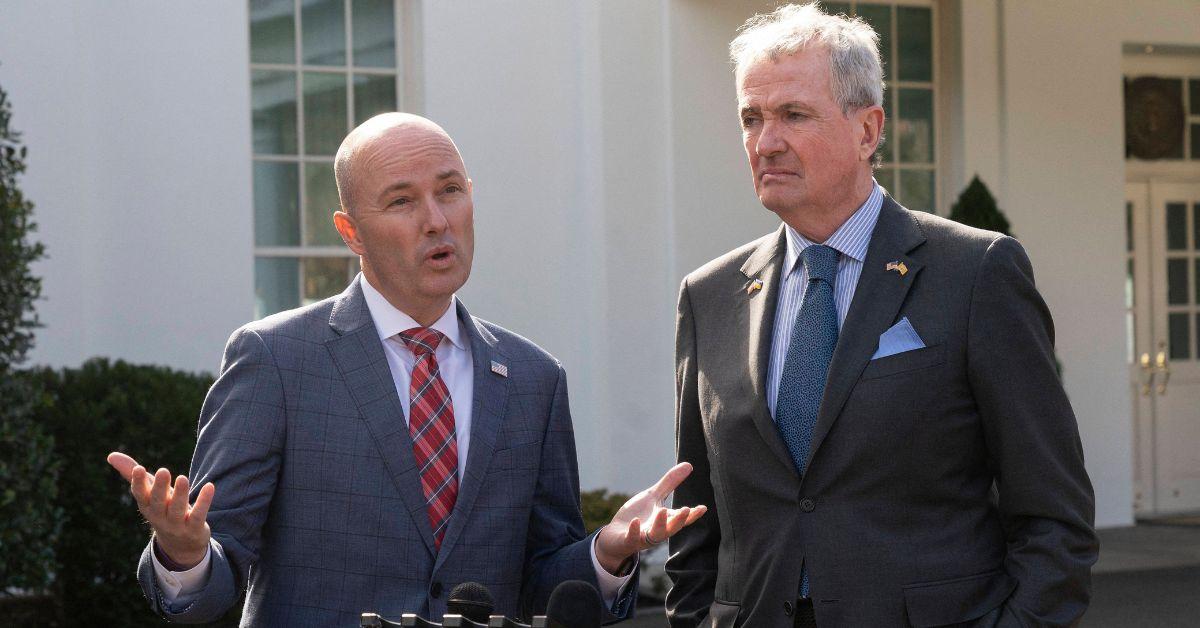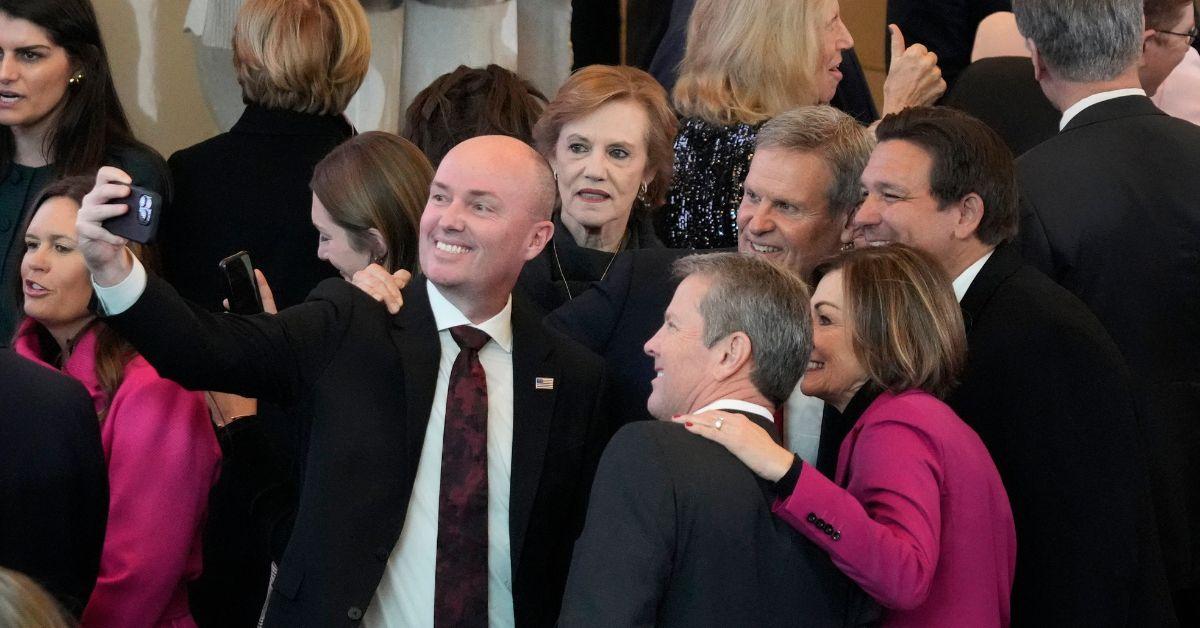Is Utah Governor Spencer Cox Mormon? How His Faith Shapes His Life in Leadership
“I don’t want people to vote for me because of my faith. But I don’t want people to vote for me because I hide my faith, either.”
Published Sept. 11 2025, 10:13 a.m. ET
Utah’s governor, Spencer Cox, has earned a reputation for being approachable, grounded, and shaped by small-town life. Raised in Fairview, Utah, a rural farming community, he often brings up humility, hard work, and service when describing what drives him.
Those themes have followed him into politics, where he’s become known for blending small-town sensibilities with statewide leadership.
Spencer's background invites curiosity in a state where culture and religion are closely intertwined. His story includes roots on a farm, college years in central Utah, and early roles in local government. Still, people often circle back to one question: Is Spencer Cox Mormon?
It’s a fair question in Utah, where faith and politics often walk side by side.
Is Spencer Cox Mormon? His background shows a lifelong LDS commitment.
Yes. He is Mormon and is an active member of The Church of Jesus Christ of Latter-day Saints (LDS Church). Like many in Utah, his faith has been a defining force throughout his life.
According to the Deseret News, he left college in the 1990s for a mission trip in Mexico. After returning, he married his high school sweetheart. Later, he was called to serve as bishop in his local congregation, a role that requires spiritual leadership, administrative oversight, and hands-on community service.
For Spencer, those experiences weren’t just milestones but training grounds. Missionary service gave him exposure beyond Utah, while the bishop role required balancing compassion with accountability, qualities that translate directly into political leadership. Serving as bishop isn’t ceremonial; it means counseling members, coordinating welfare support, and guiding religious instruction.
Those responsibilities highlight his deep integration into the LDS Church.
Reflecting on how faith intersects with politics, Spencer has been candid. In a 2020 interview with Church News, he explained, “I don’t want people to vote for me because of my faith. But I don’t want people to vote for me because I hide my faith, either. I want people… to know who I am as a person.”
Regardless of one’s convictions, he added, “I hope you believe that the universe is pulling for you and that we are better together than we are apart.”
Spencer’s Mormon faith influences how he approaches leadership.
His faith philosophy has shown up in the way he governs. Spencer has declared days of prayer and fasting during droughts and emergencies, reflecting his belief that shared faith traditions can unify communities in difficult times.
He also declared June 29 a “Day of Prayer, Fasting, and Contemplation” to encourage Utahns to seek strength and peace during moments of crisis.
At the same time, Spencer frames his public messaging in a way that resonates broadly. In 2025, he told the Deseret News that Utah’s high levels of religious attendance and affiliation are a key reason why the state has strong communities.
“The truth is, we’re the most religious state in the country, and that absolutely matters,” he said.
What’s clear is that Spencer isn’t just surrounded by Mormon culture. He actively lives it. His faith informs his leadership. Yet he works to present it as one piece of a broader identity: a small-town Utahn turned statewide leader who believes service and humility are more than political slogans.
For many Utahns, his background makes him relatable. For others, it raises questions about how much influence church culture has on state decisions.


